Our Services
- HOME
- SERVICE
HOSPICE SERVICES
Center of Care Must Hospice Services
At the center of Care Must Hospice Services, our belief is that each of us has the right to die pain-free and with dignity and that our families will receive the necessary support to enable us to do so. At Care Must Hospice Services, we take a patient-centered approach to care and engage in a team-oriented approach to expert medical care, pain management, and emotional and spiritual support. Support is also provided to the loved ones of the patient.

Routine Home Care
Patient at home with symptoms controlled
Routine strong home care treatment involves daily arranged appointments to discuss hospice patients and their caregivers’ physical, mental and spiritual needs. The team of hospice members travels to patients’ homes whether that is a traditional apartment, nursing home, assisted living or any other place.
Support involves visits by nurses, home health assistants, chaplains of the hospice, social workers, clinicians and volunteers. Home emergency devices, prescriptions, personal supplies and 24/7 on-call nurse assistance are now available to patients.

Respite Care
Patient at the facility with symptoms controlled
Respite home nursing care offers short-term support to primary caregivers. It can be scheduled for only one afternoon or a few days or weeks. When Someone who has a disease or disability may need to be taken care of around the clock can use this service. Caregivers sometimes need time to rest and relax, go on vacation, shop, make appointments, work, or exercise also use this service. You may use respite care if you’re in charge of someone who has a condition like cancer or an injury to the brain.

Continuous Nursing Care
Patient at home with uncontrolled symptoms
The tradition of providing hospice services at home around the clock is known as “continuous home nursing care.” Where medically required, members of the hospice staff work for a short period in shifts of up to 24 hours a day to help people stay at home during a stressful time, rather than being taken to a hospital.This intensive level of treatment is ideal when a patient has acute complications that the main caregiver can not handle.

Inpatient Care
Patient in a facility with uncontrolled symptoms
When the patient’s problem has gotten out of control and can no longer be treated at home, a hospice patient can need hospital treatment. If normal home nursing care does not control these symptoms, then the patient needs special treatment before these symptoms subside. In order to monitor the symptoms and keep the patient happy, hospices take proactive steps.
